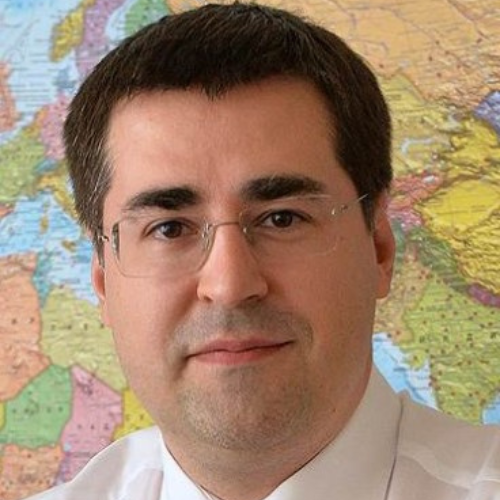In a surprising move, Canada’s Foreign Affairs Minister, Mélanie Joly, has lifted sanctions on a Russian banker named Denis Valentinovich Kamyshev. This decision has caused quite a stir because it was done without any public explanation. The sanctions had been in place since 2022, aimed at punishing individuals who were part of Russia’s financial elite after the country invaded Ukraine.
Who is Denis Kamyshev?
Denis Kamyshev is a 49-year-old banker who works at Gazprom Bank, one of the largest banks in Russia. He was put on Canada’s sanctions list because he holds a significant position in the bank. The Canadian government believed that people like him helped shape Russia’s policies and benefited from unfair practices. Sanctions are penalties that governments use to stop or limit people from doing business or traveling. In Kamyshev’s case, being on the sanctions list meant he couldn’t travel to Canada or do business with Canadian companies.
The decision to remove him from this list was made quietly, without any announcements to the public. This has raised many eyebrows and led to questions about why such a move was necessary. Joly’s office did not respond to inquiries about the reasoning behind lifting the sanctions. This lack of communication has left many people wondering what influenced the decision.
The Impact of Lifting Sanctions
Lifting the sanctions means that Kamyshev can now travel to Canada and engage in business activities without restrictions. This change opens the door for him to work with Canadian companies, which many see as problematic. Critics argue that allowing a sanctioned banker to operate freely in Canada contradicts the government’s commitment to supporting Ukraine in its fight against Russian aggression.
Indian Drugmaker’s Shocking Role in Supplying Nvidia Chips to Sanctioned Russia
The announcement to lift the sanctions was made in a legal notice under Canada’s Special Economic Measures Regulations. In this notice, it was stated that “public consultation would not have been appropriate.” This statement has left many people confused. Public consultation usually means asking people for their opinions or thoughts before making a significant decision. The absence of this step has sparked criticism from various groups and individuals who believe that the government should be more transparent about such important actions.
Recent Trends in Sanction Relief
Kamyshev is not the only person to receive relief from sanctions recently. This decision follows a pattern of exemptions granted by the Canadian government. For example, in September, Canadian jewelers were allowed to import Russian diamonds, despite the ongoing conflict between Ukraine and Russia. Russia is a major diamond producer, and this decision raised concerns among those who support Ukraine, as it could be seen as benefiting the Russian economy.
Additionally, in July 2022, Joly allowed a natural gas turbine to be shipped to Germany for use by Gazprom, the Russian state-controlled natural gas company. This decision faced backlash from the Ukrainian Canadian Congress, a group that advocates for Ukrainian interests. They expressed their disappointment, stating, “We’ve gained nothing” from such exemptions. This sentiment reflects a growing concern that easing restrictions on Russian individuals or companies could undermine the overall effort to hold Russia accountable for its actions.
The lack of clarity surrounding Kamyshev’s exemption is part of a broader issue of transparency in government actions. Many people believe that when significant decisions are made—especially ones that can impact international relations—there should be clear communication and public engagement. This is crucial for maintaining trust between the government and its citizens, as well as for ensuring that actions align with stated values and commitments.
The decision to quietly lift sanctions on Denis Kamyshev has raised many questions and concerns. Without a clear explanation, the move has led to skepticism and criticism from various groups. As Canada navigates its role in the ongoing conflict between Ukraine and Russia, the implications of such decisions will continue to be a topic of discussion and debate. The public’s desire for transparency and accountability in government actions remains stronger than ever, especially when it comes to matters of international importance.


